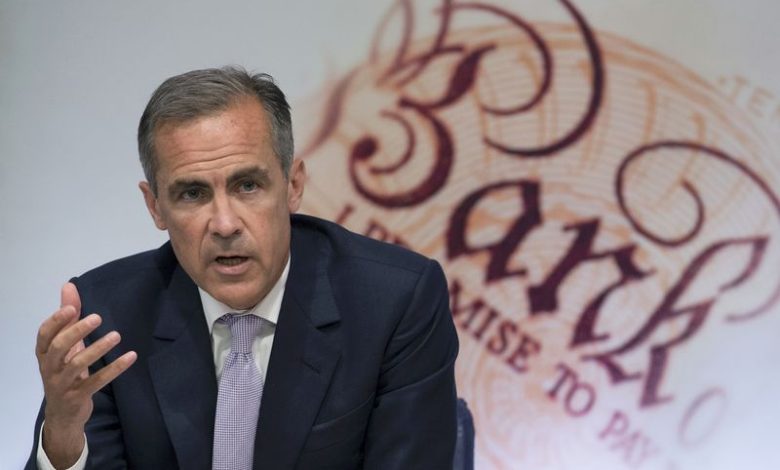
BoE Anticipated to Lower Rates; Focus on Stimulus Package and Economic Outlook
The Bank of England (BoE) is highly anticipated to reduce interest rates to record lows on Thursday and potentially introduce additional easing measures to combat economic weakness following the U.K.’s decision to exit the European Union, known as Brexit. Recent data indicates that the British economy may be on the brink of recession.
Traders are currently placing their bets at 100% odds that the BoE will lower the rate to 0.25%, a new historic low, after post-Brexit statistics revealed a significant decline in service activity, marking its weakest performance since 2009.
The BoE has maintained interest rates at the current low of 0.5% since March 2009. A survey of economists found that 45 out of 47 expect the central bank to cut rates, with at least a 25 basis point reduction predicted.
Consensus among the committee suggests that eight out of nine members support easing, while only one member opposes it. Analysts are also considering the possibility of further easing actions, such as resuming the asset purchase program that has been inactive since 2012, easing credit conditions, or extending the time frame for inflation to reach the BoE’s 2% target.
This sentiment aligns with indications from the July meeting, where most committee members anticipated loosening monetary policy shortly. The minutes revealed that the specifics of any additional stimulus would depend on updated economic forecasts.
Despite one committee member advocating for a reduction, another cautioned that the central bank should remain patient until more concrete data becomes available. However, this cautionary viewpoint was expressed prior to the recent release of disappointing manufacturing and service activity reports.
Earlier this week, it was noted that the manufacturing PMI data supports forecasts of a looming recession in the U.K. One major financial institution projects a 0.3% contraction in the third quarter, followed by a further decline of 0.4% in the final quarter of the year.
In this context, stakeholders will closely monitor not only the BoE’s monetary policy decision but also the updated economic outlook that will be published concurrently, providing insights into the central bank’s assessment of current economic conditions.
Regardless of the measures taken by the BoE, its governor is expected to emphasize the necessity for governmental intervention, given the inherent delays associated with monetary policy adjustments. However, the U.K.’s finance minister had previously indicated that new fiscal policies might be delayed.
 GOOGL
GOOGL  META
META 


